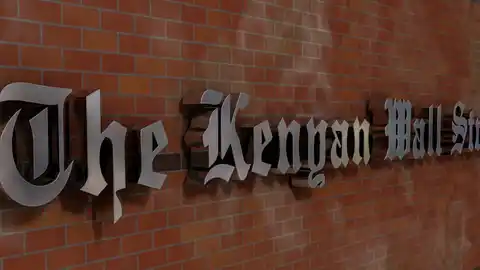Germany’s shaky three-party ruling coalition collapsed after Chancellor Scholz fired Finance Minister Christian Lindner on Wednesday.
- •Lindner’s sacking effectively kicked the Free Democrats (FDP) out of the ruling coalition, leaving Scholz’s Social Democrats and the Greens.
- •The two had been feuding for months over budget policy and with it the country’s economy, with Scholz saying the minister had “betrayed my confidence.”
- •The dispute, according to Lindner, was mainly because the chancellor wanted hm to break the constitutional spending limit, which goes against the FDP’s fiscal policy.
In addition to firing Lindner, Scholz called for a vote of confidence in mid-January 2025, which what’s left of the government is likely to lose, triggering early elections within two months, six months before schedule.
On Thursday, Scholz named Jörg Kukies as Finance Minister while the opposition called for the vote to be fast tracked to mid-November 2024 with elections slated for January 2025.
Why it Matters
Scholz, now in charge of a minority government, said that he plans to ask for conservative leader Friedrich Merz and his party-the Christian Democratic Union (CDU)- for help passing crucial bills such as the budget. But Merz may be hesitant to dive in since polls show his party is far ahead in polling.
The dispute between Scholz and Lindner came to a head after they held rival business summits, and then Lindner published an 18-page paper on Germany’s economy, which reviewers have said was fundamentally different from what the other coalition partners have been pushing for through Scholz and Economy Minister Robert Habeck of the Greens.
The timing, on the same day that Donald Trump won a second term after losing the 2020 elections, also means that Berlin is preparing for pressure from Washington. During his first term (2016-2020), President Trump insisted on its NATO allies increasing their military budgets to boost the alliance and reduce dependence on Washington’s largesse. As the European Union’s biggest economy and a key anchor state, Germany is on the hook for increased military spending despite a flatlining economy.




